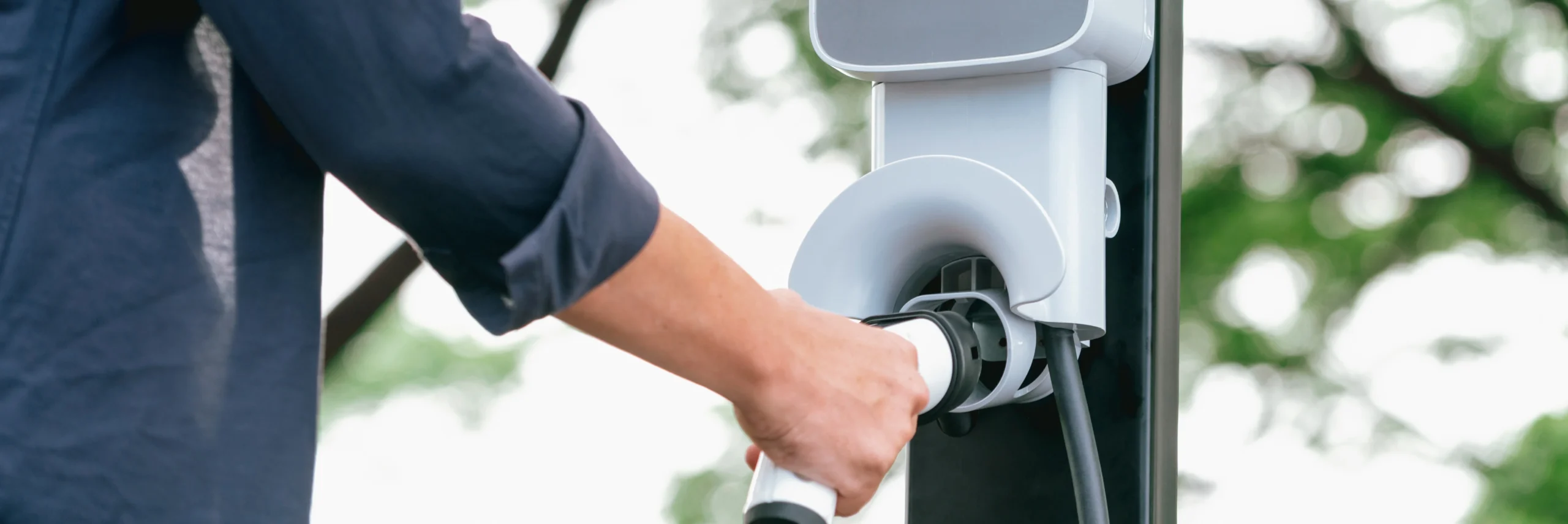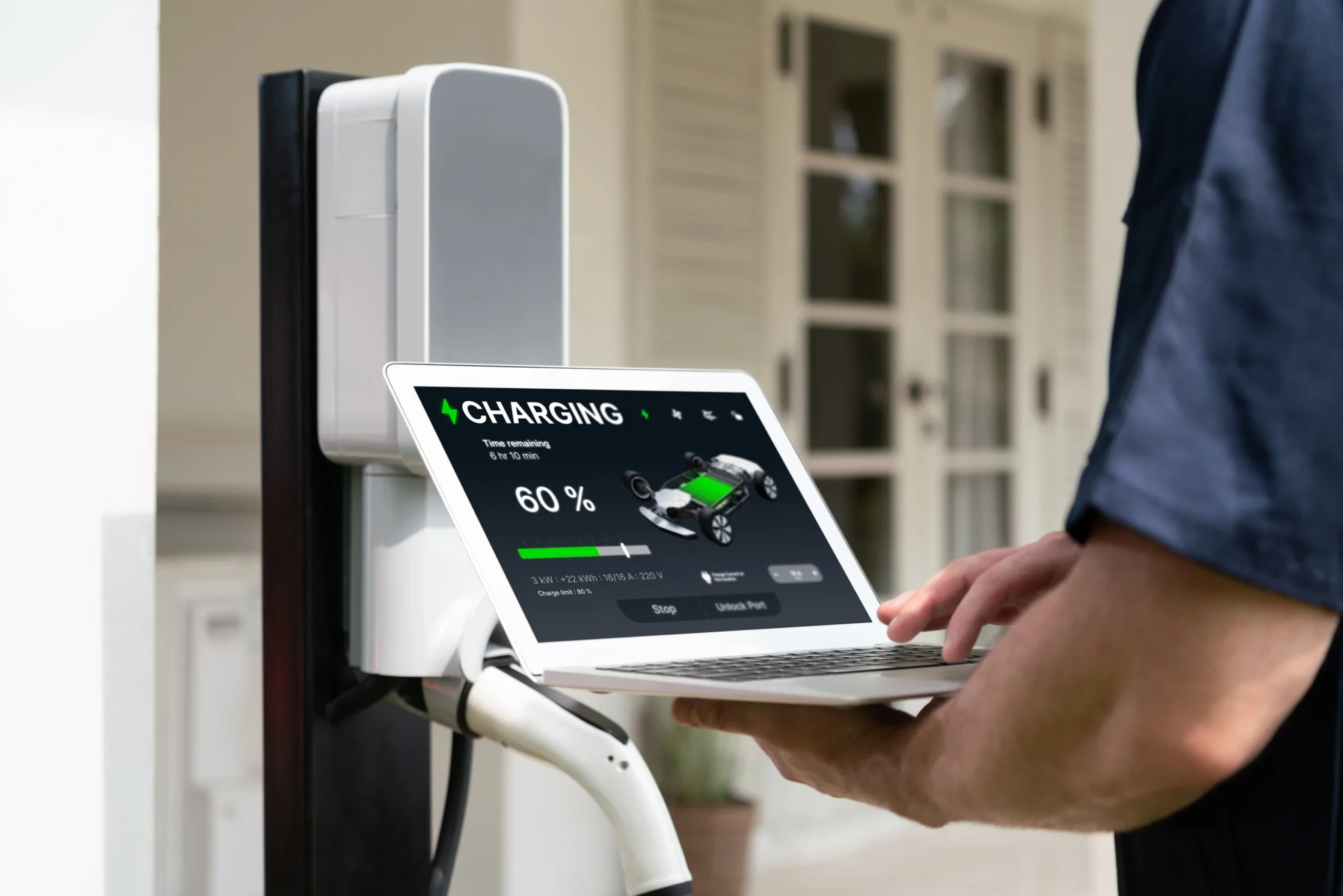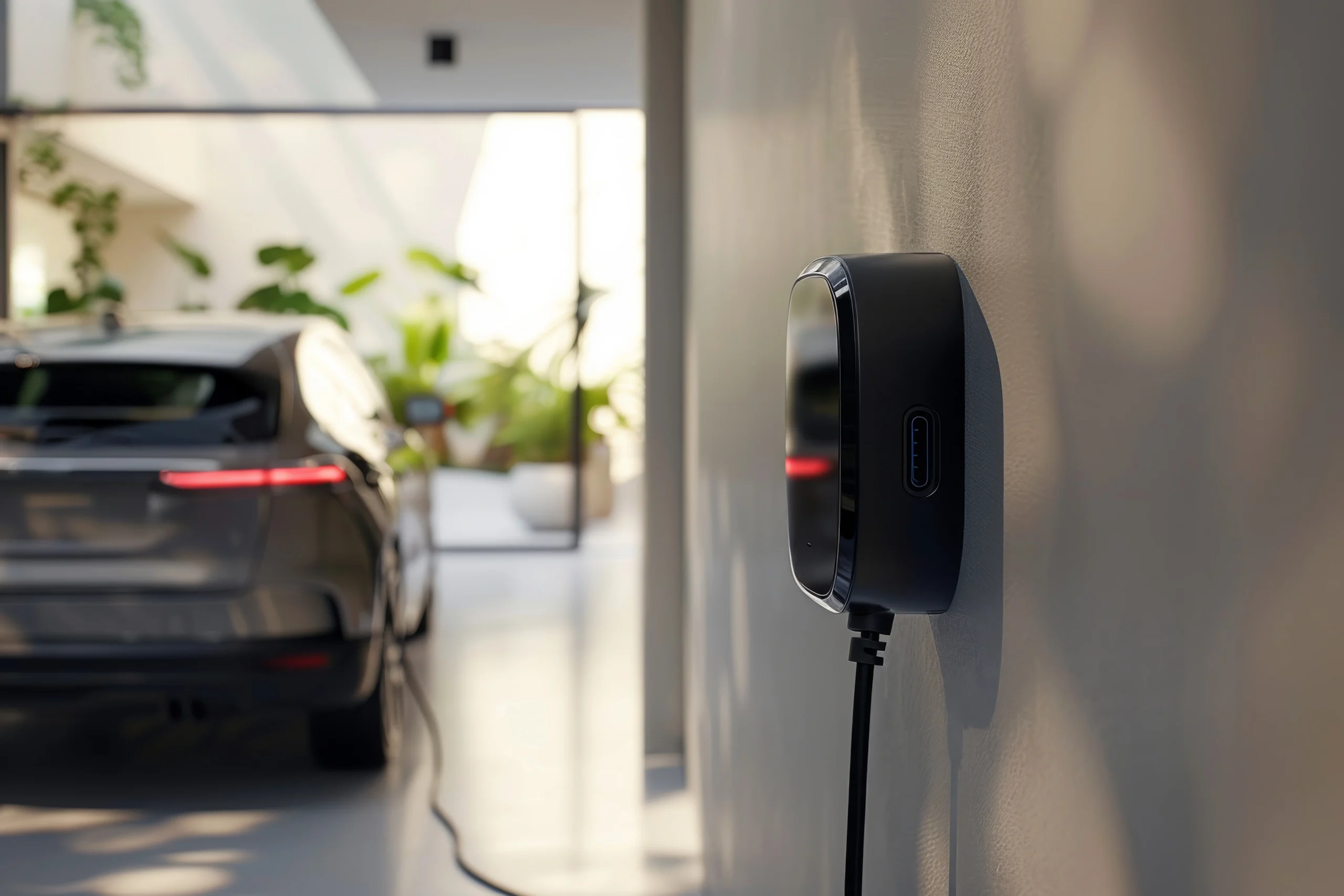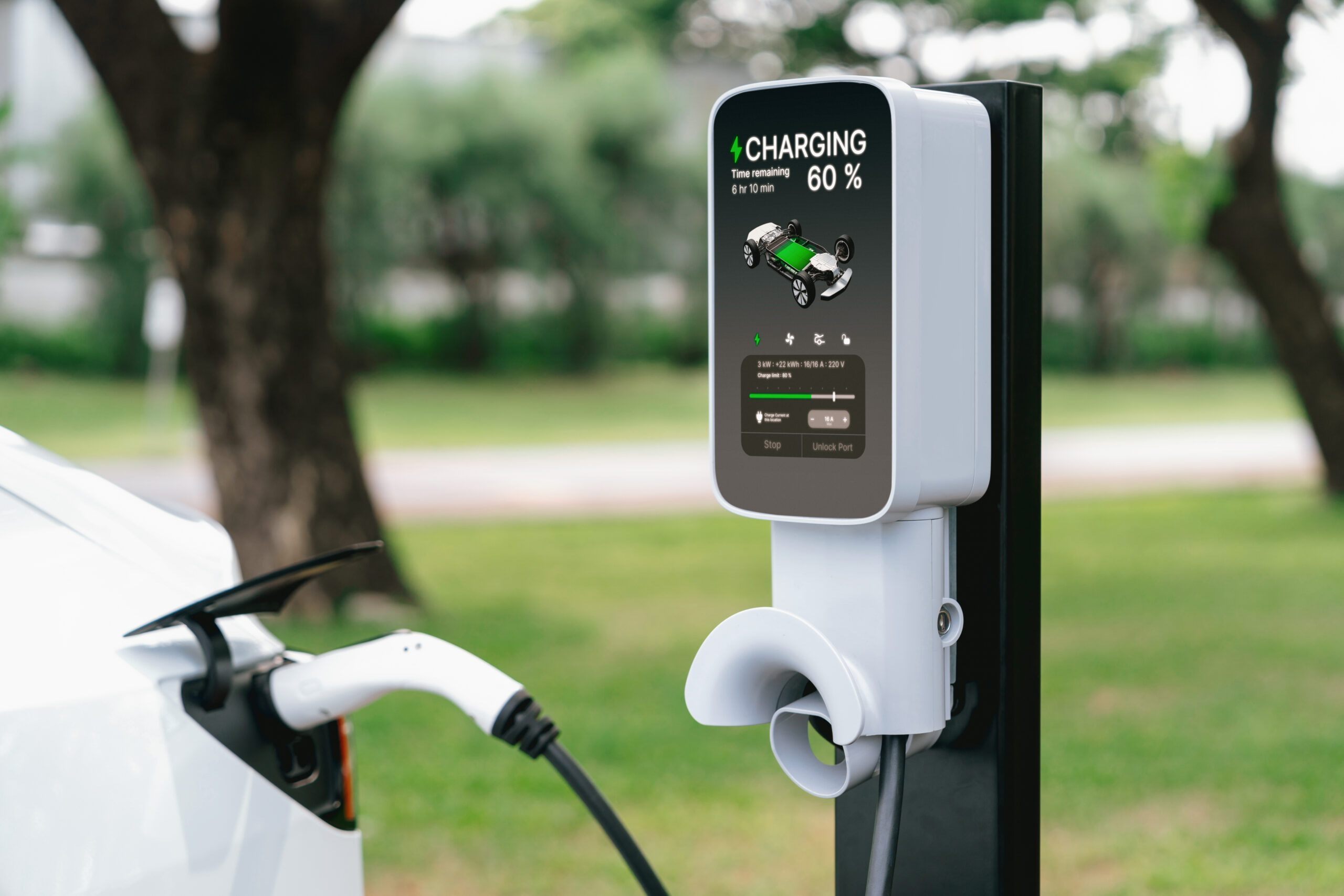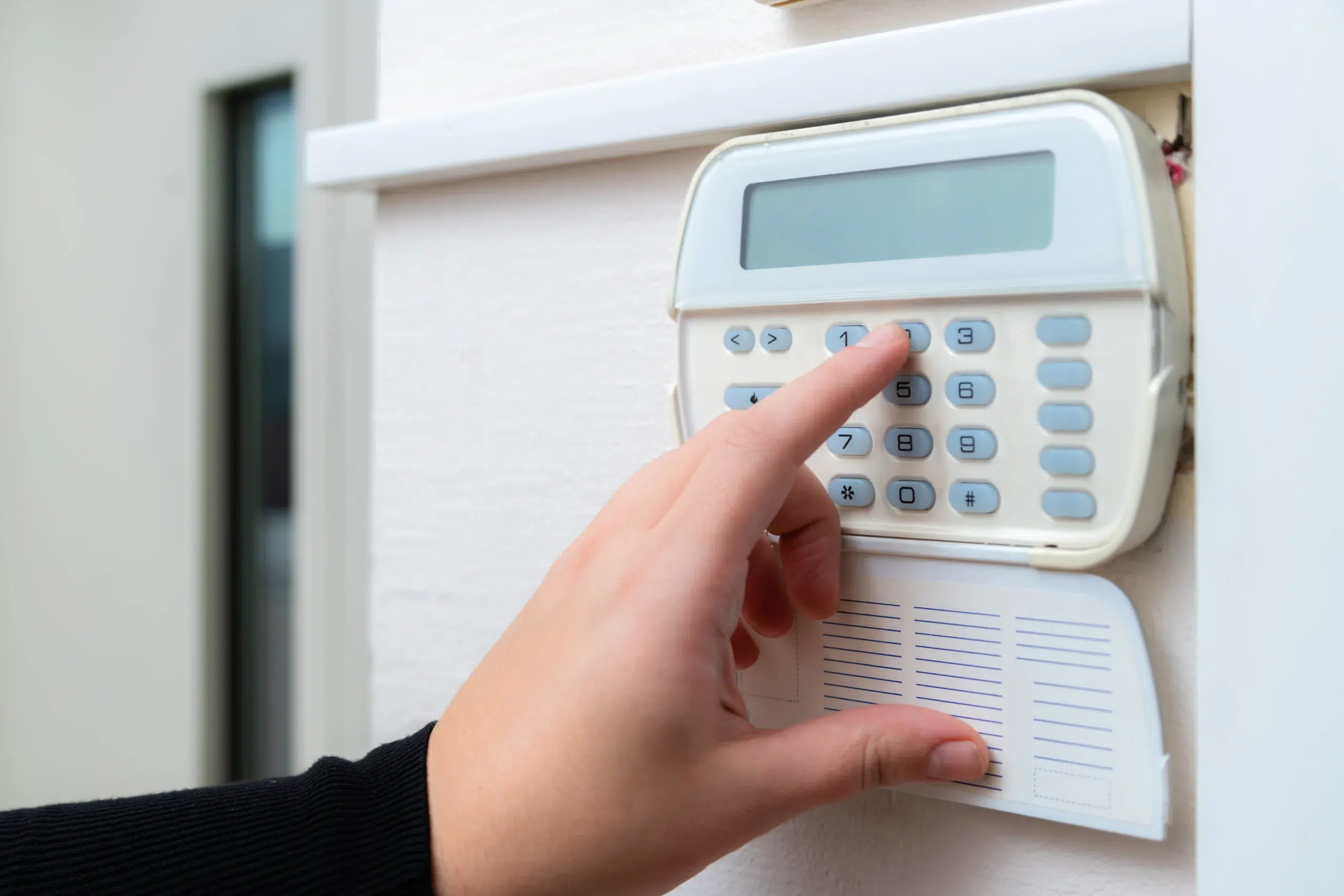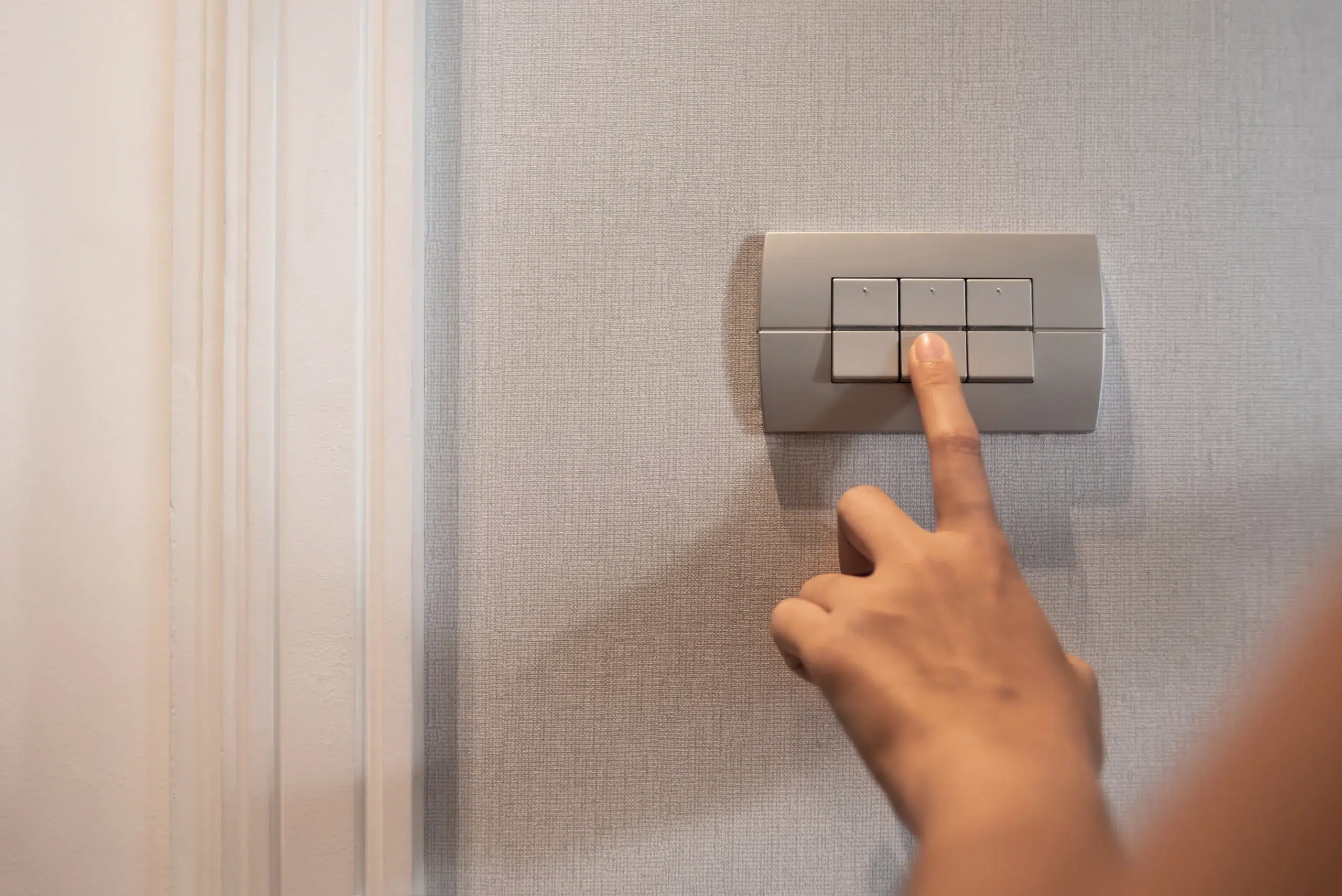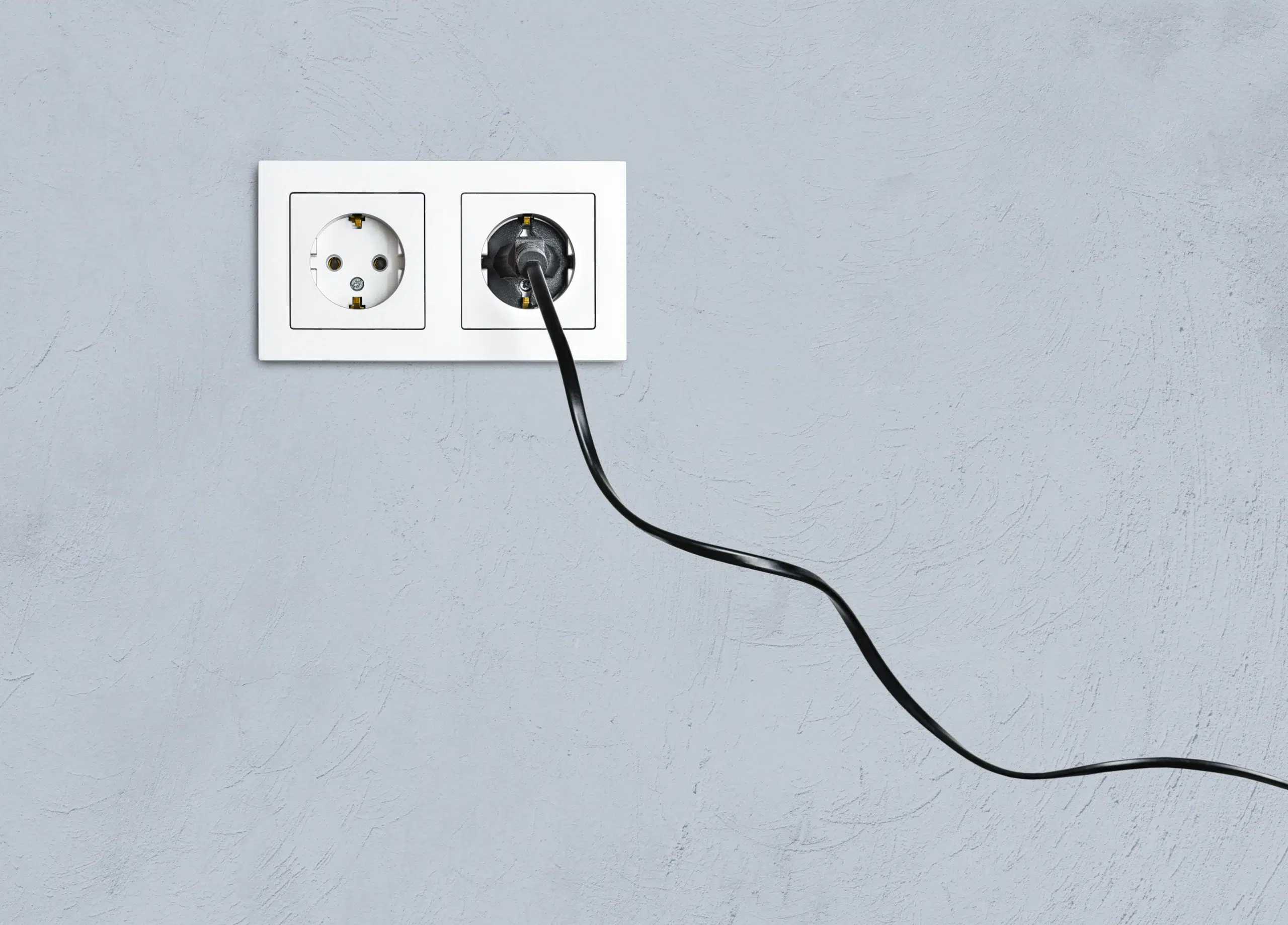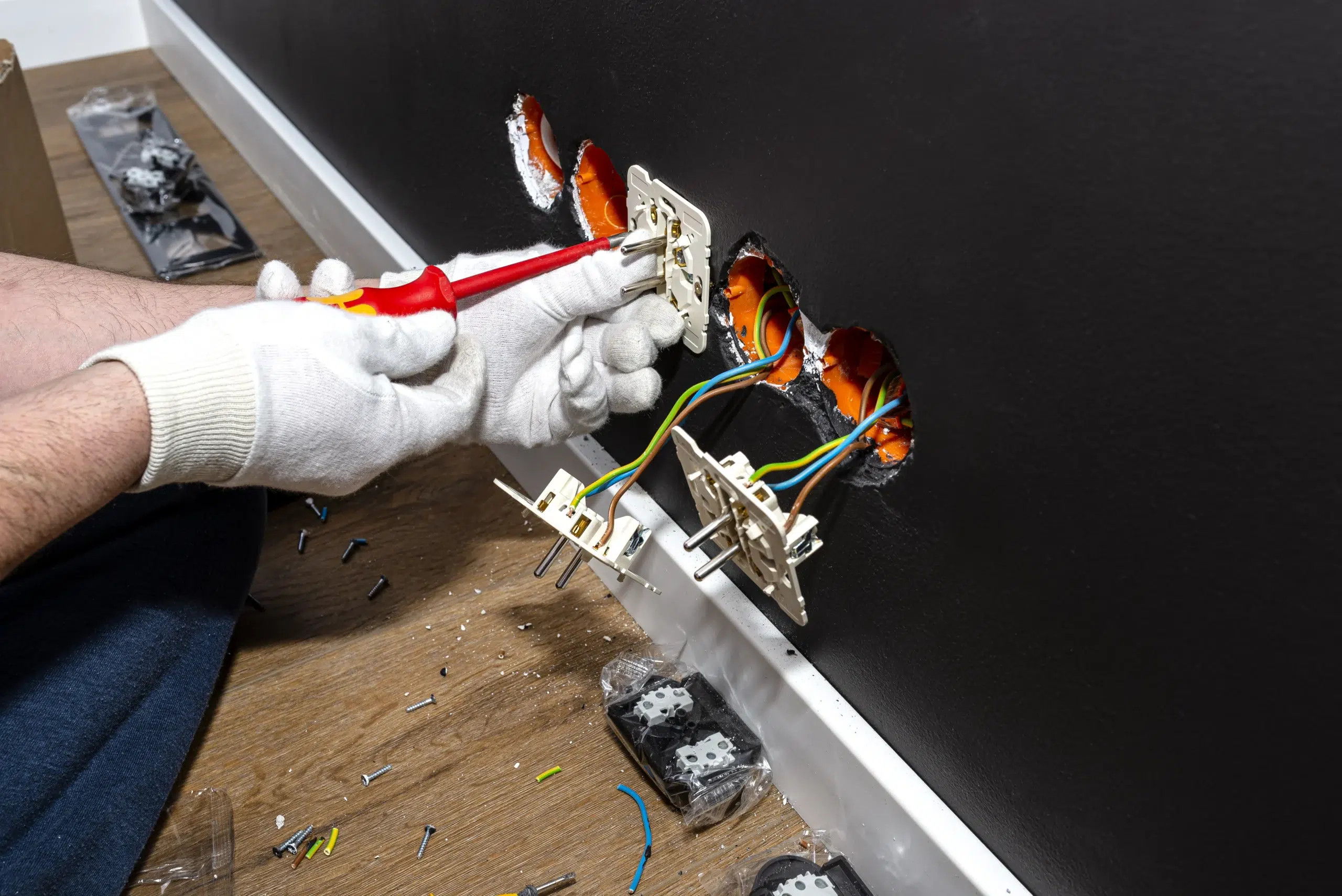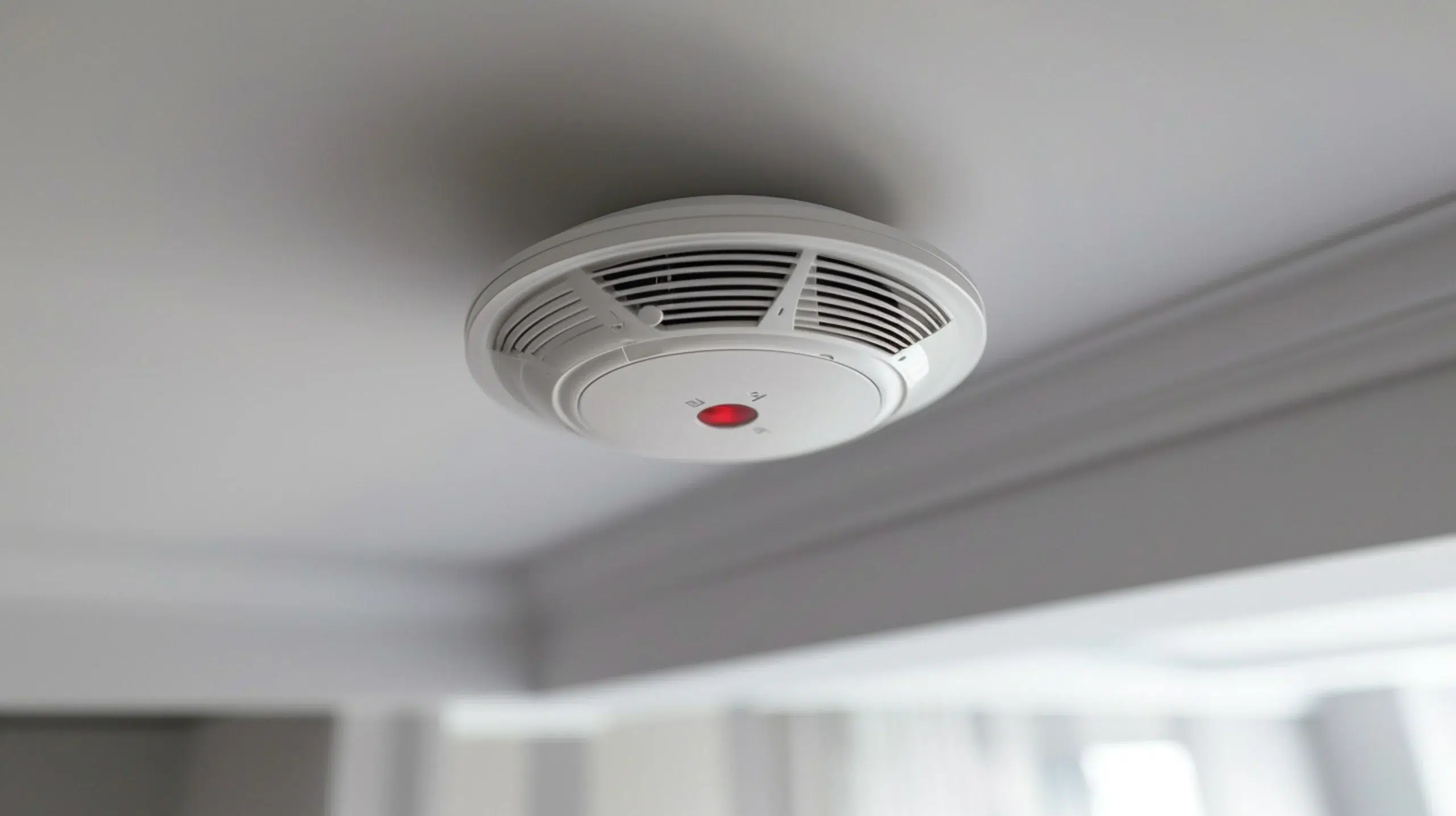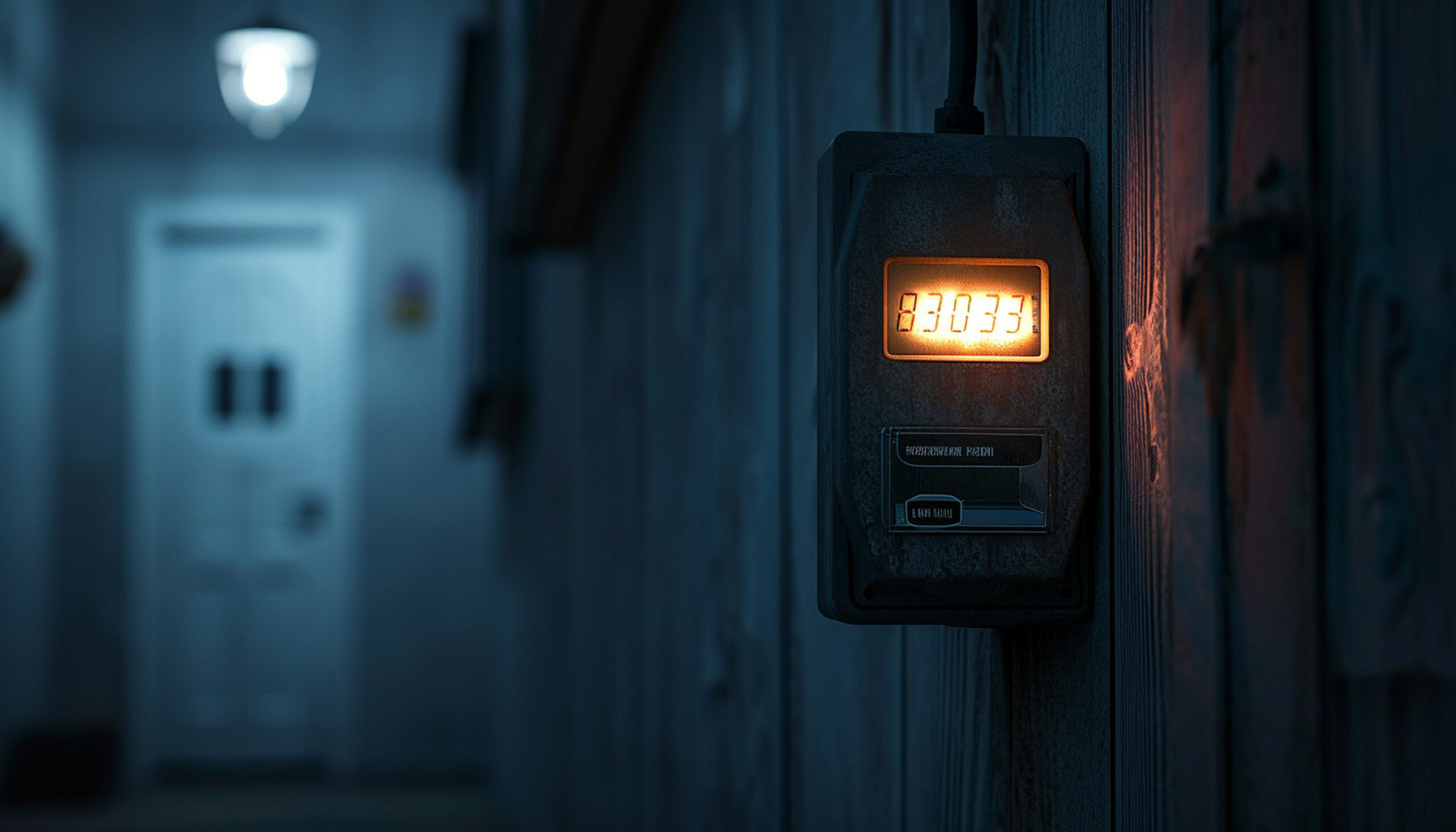Electricity is one of the most essential conveniences in modern homes, powering everything from lights and appliances to entertainment systems and heating. However, with its incredible benefits comes a significant risk if not properly managed. Electrical safety at home is vital for homeowners, renters, and property owners alike to protect their families and homes from electric shocks, electrical fires, and costly damage. Here are 10 crucial tips to ensure electrical safety, minimise hazards, and keep your family safe.
Understand Your Home’s Electrical System
The first step in ensuring your home’s electrical safety is having a solid understanding of how the electrical system operates. Begin by familiarising yourself with key components such as the main switch, circuit breakers, and power points. Knowing the location of these elements is crucial in preventing accidents and knowing how to respond during an emergency.
Avoid Overloading Power Points and Outlets
Overloading electrical outlets and power points is one of the leading causes of electrical fires in the home. While power boards are convenient, using them irresponsibly can lead to dangerous situations. Specifically, plugging multiple high-wattage appliances such as portable heaters, hair straighteners, or microwaves into a single power point can quickly lead to overheated wiring. This overheating can result in electrical fires, which can cause devastating damage to your property and endanger the safety of everyone inside.

Install Safety Switches
If your home doesn’t have safety switches installed on all circuits, it’s vital to contact a licensed electrician to install safety switches. A qualified electrician will update your electrical wiring and ensure your electrical outlets and power points are properly protected. If you have old electrical wiring, it’s important to replace it to prevent hazards.
Hire a Licensed Electrician for Electrical Work
A qualified electrician is trained to handle all types of electrical systems, including electrical wiring, outlets, and equipment. These professionals ensure that your electrical systems comply with Australian standards, which are in place to protect your property and ensure the safety of your family. Attempting electrical repairs yourself can increase the risk of electrical fires or injury, which could have severe, even fatal, consequences.
Keep Electrical Equipment Away From Water
Provide Adequate Ventilation for Appliances
Install Smoke Alarms
Smoke alarms are essential for early fire detection, especially in homes with electrical systems. These devices can alert you in case of a fire, giving you vital time to evacuate the premises or take necessary action. Smoke alarms should be installed in every sleeping area and on each level of your home to maximise safety.
Regular maintenance of smoke alarms is crucial. Test the alarms monthly to ensure they are functioning properly, replace the batteries at least once a year, and replace the entire unit every ten years. If you live in a rental property, the property owner is responsible for ensuring that smoke alarms are properly installed and maintained to meet safety standards.
Schedule Regular Electrical Inspections
Routine electrical inspections are critical to ensuring that your home’s electrical system is functioning safely and up to code. Scheduling an inspection with a licensed electrician every five years can help identify and address potential hazards such as worn cables, faulty wiring, or outdated electrical systems. Older homes, in particular, can have wiring that has degraded over time, posing serious risks to your family’s safety.
Replace Old Wiring
Install Circuit Breakers
Conclusion
By working with a licensed electrician, you ensure that all electrical work in your home is done correctly and safely, meeting Australian standards. Whether it’s scheduling regular inspections or installing modern circuit breakers, these actions are vital in preventing electrical fires, electrocution, or costly repairs down the line.
Always remember, electrical work should never be taken lightly. While DIY repairs may seem like a quick fix, they can result in catastrophic consequences. When in doubt, always call a qualified electrician to handle any electrical issues to ensure your home remains safe and secure for you and your loved ones. A small investment in electrical safety today can save lives tomorrow. Stay proactive, stay safe, and always prioritise the security of your home and family.
FAQ's
Why is it important to regularly inspect electrical cords?
How often should I test my safety switches?
How do I know if my home’s electrical system is outdated?
What happens if I overload a power point or outlet?
What are the benefits of hiring a licensed electrician for electrical work?
Why is water such a risk with electrical appliances?
93 Exley Road Wedderburn NSW 2560 Campbelltown & South West Sydney
Related Posts
Why Installing Your Own EV Charger Could Void Your Car’s Warranty and Insurance
Why Installing Your Own EV Charger Could Void Your Car’s Warranty and Insurance Category: The...
Read MoreThe Hidden Damage Rodent Cause to Electrical Wiring and Insulation
What Does a Pre-Installation EV Charger Inspection Entail? Category: Installing an EV charger at your...
Read MoreThinking of Installing an EV Charger in Your Apartment or Shared Parking Area? Here’s What You Need to Know
Thinking of installing an EV charger in your apartment or shared parking area? Here’s what...
Read MoreIs It Safe to Install an EV Charger Outdoors in Sydney’s Weather Conditions?
How to Choose the Right Gate Intercom for Your Property Category: The increased availability of...
Read MoreHow to Choose the Right Gate Intercom for Your Property
How to Choose the Right Gate Intercom for Your Property Category: Selecting the appropriate gate...
Read MoreThe Light Switch Feels Warm or Smells Burnt — What Should I Do?
The Light Switch Feels Warm or Smells Burnt — What Should I Do? Category: Light...
Read MoreWhy Do I Get a Small Electric Shock from My Appliances?
Why Do I Get a Small Electric Shock from My Appliances? Category: Small electric shocks...
Read MoreElectrical Surges Damaging Your Appliances? Here’s What You Can Do
Electrical Surges Damaging Your Appliances? Here’s What You Can Do Category: An electrical surge refers...
Read MoreWhat are the types of smoke Alarms and How Does It Work?
What are the types of smoke Alarms and How Does It Work? Category: A smoke...
Read MorePower Outage in Just One Room? Here’s What Could Be Causing It
Power Outage in Just One Room? Here’s What Could Be Causing It Category: Experiencing a...
Read More
